The reward of labor is life. Is that not enough?
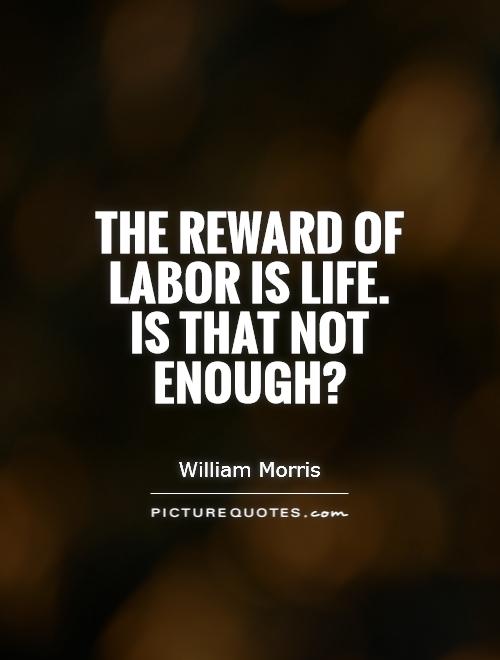
The reward of labor is life. Is that not enough?
William Morris, a prominent figure in the Arts and Crafts movement of the late 19th century, believed in the intrinsic value of labor and its connection to a fulfilling life. His famous quote, "The reward of labor is life. Is that not enough?" encapsulates his philosophy that work should not only be a means to an end, but a source of joy and purpose in itself.Morris was a staunch advocate for the dignity of labor and the importance of craftsmanship in a rapidly industrializing world. He believed that the act of creating something with one's hands was not only a way to earn a living, but a way to connect with one's humanity and the natural world. In his view, labor was not just a means of production, but a way to cultivate a sense of pride, satisfaction, and fulfillment.
For Morris, the reward of labor was not just the material benefits it provided, but the sense of accomplishment and self-worth that came from creating something of beauty and value. He believed that work should be meaningful and fulfilling, not just a way to earn a paycheck. In his own life, Morris practiced what he preached, founding a successful design firm that produced high-quality, handcrafted goods that reflected his commitment to craftsmanship and beauty.
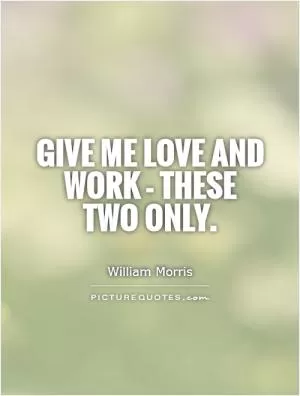


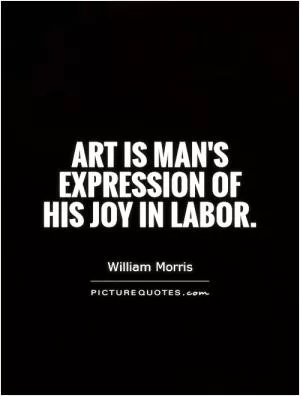

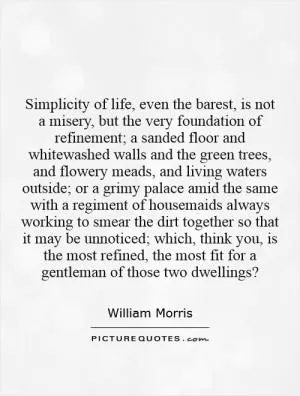

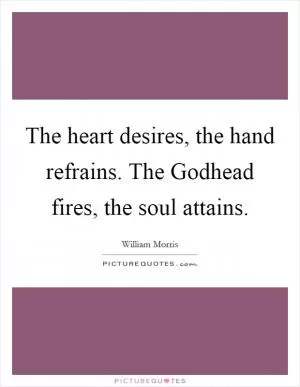
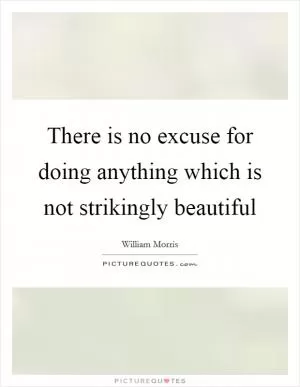
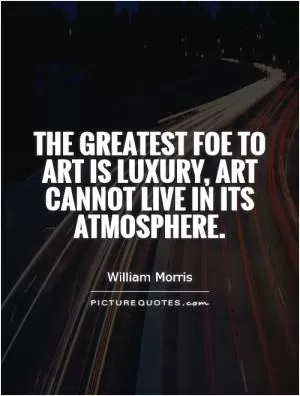
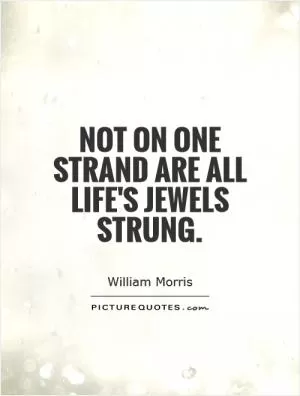
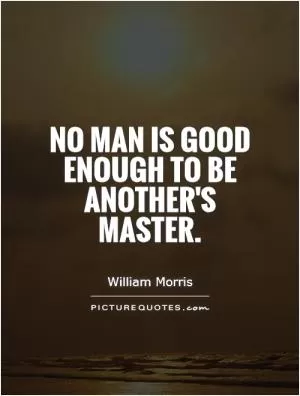
 Friendship Quotes
Friendship Quotes Love Quotes
Love Quotes Life Quotes
Life Quotes Funny Quotes
Funny Quotes Motivational Quotes
Motivational Quotes Inspirational Quotes
Inspirational Quotes